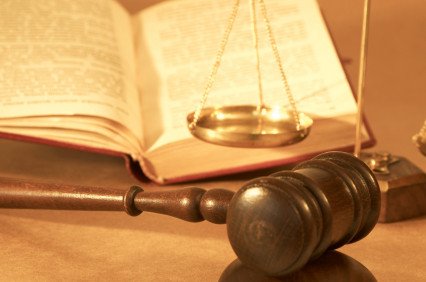GILROY
– Giving more money to the Department of Motor Vehicles isn’t a
common New Year’s resolution among citizens. Nevertheless, on Jan.
1, the state is making it a New Year’s requirement.
GILROY – Giving more money to the Department of Motor Vehicles isn’t a common New Year’s resolution among citizens. Nevertheless, on Jan. 1, the state is making it a New Year’s requirement.
The fee hike goes into effect Thursday, in theory, but Friday in practice, since the DMV is closed for New Year’s Day.
Among the increases are the following:
• The fee to get a driver’s license will jump from $15 to $24 statewide, or 60 percent.
• The cost of getting a duplicate license will increase from $12 to $19, or 58 percent.
• The fee to register a vehicle will go up from $28 to $31, or 11 percent.
• The California Highway Patrol fee paid with registration will rise from $2 to $9, or 450 percent.
• The non-operation fee for a vehicle will go up from $10 to $15, or 50 percent.
• The cost of a salvage certificate will rise from $3 to $15, or 500 percent.
• The cost of a non-driver’s-license identification card will jump from $6 to $20, or 233 percent. This card is still free for senior citizens, however.
The revenue from these fees helps fund the CHP, the DMV and the Air Resources Board. CHP’s new homeland-security responsibilities have put pressure on this fund, and so the state Senate initiated the fee hikes to avoid a shortfall. The bill was introduced in the Senate on Feb. 27, and then-Gov. Gray Davis signed it into law on Oct. 8.
The DMV fee hikes are among hundreds of new regulations to become law in California Thursday.
“Some of the regulations that are about to take effect will have a direct impact on our lives, and in some cases, our wallets,” said Sean Comey, spokesman for the American Automobile Association of Northern California.











